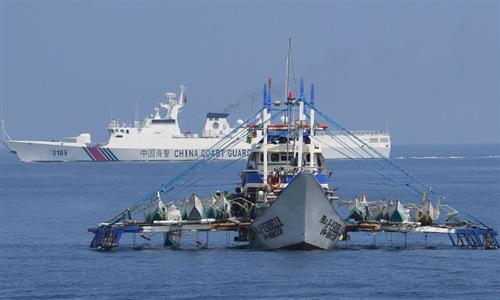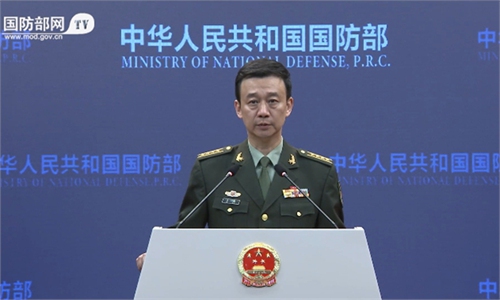Mask up to be safe: People wearing face masks as a protective measure against air pollution and Covid-19 in Bukit Bintang, Kuala Lumpur. — Filepic
Containing the rising spread
Covid-19: Health Ministry says cases up by 57.3%
Keep safety measures up as the year-end holidays approach says health experts
These experts say that keeping safety measures up, especially as the year-end holidays approach, can protect yourselves and others besides preventing both asymptomatic and symptomatic spread of respiratory illnesses, which are more dangerous for vulnerable groups such as the elderly, children and chronically ill.
Public health medicine specialist Datuk Dr Zainal Ariffin Omar said that during the year-end rainy and wet season, there will be many respiratory infection cases due to viruses.
He said the public should not only take measures to prevent Covid-19 but also other respiratory diseases and food and water-borne illnesses during these wet months.
“Covid-19 is still with us and can cause severe illness and even death. Practise SOP (standard operating procedure) like wearing a mask, washing hands, avoiding crowded places, seeking treatment and completing the immunisation schedule,” he said.
On Nov 23, the Health Ministry said that Covid-19 cases had risen by 28% between Nov 12 and 18 at 2,305 infections compared to 1,801 the week before.
ALSO READ: Daily confirmed cases steadily rising since September
Malaysian Medical Association president Dr Azizan Abdul Aziz said given that Covid-19 symptoms were now mild for most, there was a high likelihood of those infected not performing self-tests or isolating themselves. She also stressed on the use of face masks for those with flu-like symptoms and isolation if the individual is confirmed to contract Covid-19.
“Skipping these practices could be one of the main reasons why there is an increase in cases,” she said.
Dr Azizan said those with influenza should mask up when going around, adding that Covid-19-positive individuals should report themselves through the MySejahtera app.
She also reminded those in high-risk categories to ensure that they have received the recommended boosters and use a face mask when in crowded places and situations.
“The elderly are also recommended to take the influenza vaccine as they may have a weaker immune system. The same goes for children above six months of age,” she said. “And do not forget the good habits the pandemic has taught us: wash hands often with soap and water or use sanitiser.”
Prof Dr Sharifa Ezat Wan Puteh said that while the recent 28% surge in cases was concerning, it had to be ascertained whether there was also a rise in virulence.
ALSO READ: Health Ministry to send report to PAC over Covid-19 management
The health economist and public health specialist with Universiti Kebangsaan Malaysia said there is a need to look at trends of Covid-19 admissions and patients with severe respiratory symptoms.On whether a major outbreak is possible, Dr Sharifa Ezat said it is unlikely “unless a new variant of concern comes up, and is highly virulent”.
She also advised patients with mild Covid-19 to wear a mask and get boosted if they have yet to do so, while those with severe symptoms should get tested and seek treatment.
“Immunocompromised populations are at higher risk of developing severe symptoms as well,” she said, referring to those with obesity, young children, the elderly and individuals with non-communicable diseases such as diabetes.
Association of Private Hospitals Malaysia president Datuk Dr Kuljit Singh said there has been a small increase in Covid-19 patients in private hospitals but the situation is still manageable.
“We have seen spikes after festive periods and we should be careful with very crowded places during gatherings,” he added.
Malaysian Pharmacists Society president Amrahi Buang said the new wave of infections was likely due to new variants and it has been happening in other countries as well, such as in Perth, Australia.
Last week, a surge in Covid-19 cases prompted the government of the Western Australian state to reintroduce face mask rules at Perth public hospitals.
Amrahi said the current rise in infections in Malaysia is concerning, adding that people have not been using MySejahtera to self-report.
Related stories:
Daily confirmed cases steadily rising since September
‘I decided to isolate at a hotel for the sake of my loved ones’
Health Ministry to send report to PAC over Covid-19 management





















